Naomi Thompson

Naomi is lecturer in Youth and Community Work at Goldsmiths, University of London. Her PhD research was on young people’s engagement with organised Christianity, she recently did research for the home office around young people and organised crime, to support the development of resources for practitioners, and she is now researching the experiences of young […]
ISKCON In Britain
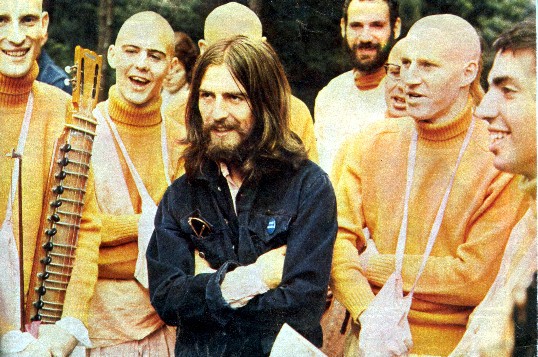
Kim Knott provides an overview of the Hare Krishna movement in Britain, which celebrates its 50th anniversary this year.
‘Lived Religion’ in the Japanese Context: Realities of Individual Practice and Institutional Survival

Japanese religiosity is not necessarily based on what one believes in, but rather on what one does or should do and what one can get out of such activities, regardless of whether the fruits are of a spiritual or material nature.
In the current state of religious affairs, the concept of “lived religion” brought to us by Meredith McGuire in her latest book “Lived Religion: Faith and Practice” appears to be a highly relevant one, and most certainly, …
Religious Studies Project Opportunities Digest – 29 September 2015

Dear subscriber, We are pleased to bring you this week’s opportunities digest! We would like to express our gratitude to everyone who has forwarded notifications. On that note, we would also like to encourage you to continue to do so (and invite those who remain hesitant to begin)! It is super easy to have a Religious Studies call for papers, exciting […]
Secular, Spiritual, Religious: American Religion Beyond the Baby Boomers
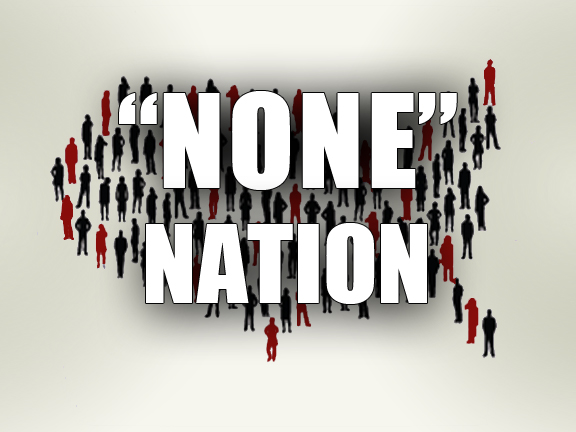
In acknowledging how capacious and even misleading the “religiously unaffiliated” label has become, we might wonder if its growth is symptomatic of a taxonomy that has failed to keep pace with restructuring.
In his wide-ranging interview with Dusty Hoesly, Wade Clark Roof both re-emphasizes the importance of the baby boomer generation and suggests some ways to think beyond it. In the second half of the interview, in particular,…
Conference Report: The Society for the Scientific Study of Religion and the Religious Research Association, 2014
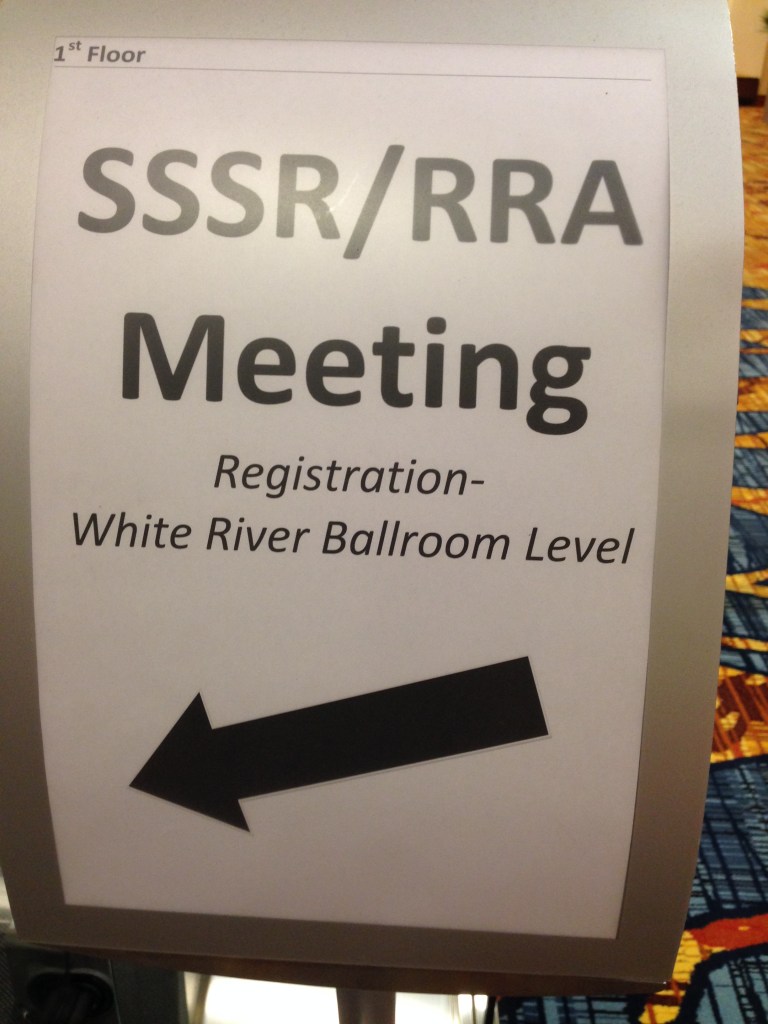
On October 31 – November 2, the Marriot Hotel of downtown Indianapolis, Indiana hosted the 2014 annual meeting of the Society for the Scientific Study of Religion (SSSR) in conjuncture with the Religious Research Association (RRA). The major theme for SSSR was “Building Bridges” and beautifully illustrated on the program cover by Kenan Sevinc. From my understanding, this was the first year that the program was in colour.
Religious Education in State-Funded Schools: An Academic Subject Like Any Other… and Some!

“…we should not just be providing information about religious and non-religious traditions, but enabling our students to think critically about religions and to be able to discuss religious and ethical matters in an informed and articulate way (sometimes referred to as ‘religious literacy’).”
In many ways I am in agreement with Professor Jensen, and see myself as a partner in the campaign to establish a ‘Religious Studies based’…
Religious Studies Opportunities Digest – 29 Nov 2013

Given that the RSP has been running for nearly 2 years now, and in light of the website redesign, David and Chris thought it was about time to have another major publicity push. The email at the link below has already been circulated around the DOLMEN, BASR, and NSRN lists. If you are a member of any other vaguely relevant mailing list – particularly of academic associations – please considering copying it and circulating among friends, colleagues, and interested parties.
Abby Day
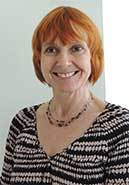
Dr Abby Day is a Senior Research Fellow at the University of Kent where she teaches the anthropology of religion, and also Reader in Sociology of Religion at Goldsmiths, University of London. Her qualitative longitudinal research has expanded conventional views of belief and belonging through empirical research based initially in the UK and extended through […]
S. Wallis

Having taught RE in secondary schools in England, S. Wallis is now an ESRC-funded PhD candidate in the Institute of Education at the University of Warwick. His doctoral research examines the relationship between the lives of young people who self-identify as having ‘no religion’ and the theorization of ‘religion’, ‘non-religion’ and other related concepts in […]
Historical Approaches to Studying Religion

Tim Hutchings: “My own field of research is digital religion, an area with a particularly troubled relationship to history. Scholars and commentators interested in digital culture and its significance for religion have struggled to distinguish what is truly new from what has come before, and continue to search for helpful ways to talk about change.”
As the RSP continues to grow, we’re going to be returning more frequently to topics and themes which have already been touched upon in previous podcasts and features.
Mandy Robbins
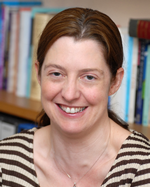
Mandy Robbins gained her first degree at the University of Wales, Lampeter in 1992 in Theology and Archaeology, her MPhil in Theology at Trinity College, Carmarthen in 1996, and her PhD in Theology at the University of Wales, Bangor in 2002. In 2005 she completed a post-graduate diploma with the Open University in Psychology. Mandy […]
Religious Studies Opportunities Digest – 19 July 2013

Anthropology Matters welcomes paper submissions from postgraduate researchers and early career scholars for its 2014 Summer Issue. This issue will include papers based on original research in any region and on any theme within social anthropology.
Anthropology Matters is an online, open-access and peer-reviewed journal that serves as a venue for postgraduate researchers and early career scholars in social anthropology to publish their research.
Mandy Robbins on Personality Types

As one of the earliest forms of Personality Assessment, the Myers Briggs Type Indicator or MBTI was first formally published in 1942 by Katharine Briggs and Isabel Myers. Inspired by the theoretical richness of Carl Jung, the MBTI explored and celebrated the differences of people regarding their behavior. Psychology certainly has benefited from the application of Personality Type in a variety of ways.
Post-Westphalianism Versus Homogenization Theories of Globalization and Religion

“Religion is not, in Beyer’s model, something that attempts to respond to this process. Rather it is an integral aspect of globalization.”
In a recent podcast interview with The Religious Studies Project’s Chris Cotter, Peter Beyer discussed the relationship between globalization and religion, a topic which is highly relevant to the current state of society.
